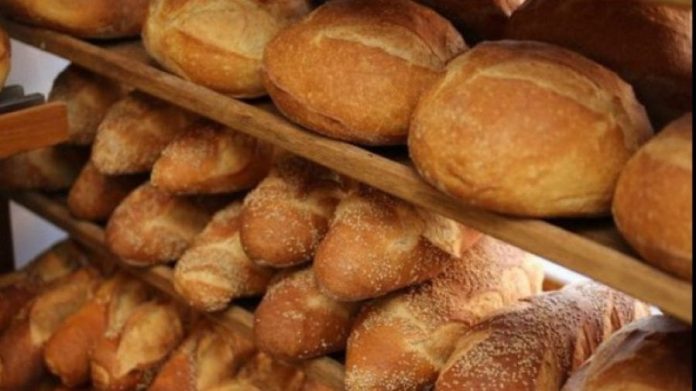The recent temperature fluctuations could affect agricultural crops, trees and vines. Agricultural specialists say so. The lack of protective snow cover is also missing this year. However, it is not a danger to agriculture, unless there will be severe frosts.
“The most important thing is how the time will pass from hot to cold or freezing. If this will happen suddenly, then there is danger. Plants consume the plant’s sugar supply, which is located in the twining node. Then, the plants become less favorable to vulnerable conditions. If this transition is gradual, then they will regain the level of hardening sufficient to pass this critical period of temperatures”, said Boris Boincean, Interim Director at the Research Institute for Field Crops “Selecția” in Balti for nordnews.md.
Generous temperatures in the cold season unbalance the life of the plants, which should be in the dormant stage in the winter. Researchers say that a plantation that entered vegetation in winter and then was hit by frost, can completely dry out or record losses for years. However, at the moment, there are no reasons for concern. In recent years, plants have gotten used to the climate changes in our country.
“At the moment, the situation is favorable, we will have bread. The situation is satisfactory, it is good. The plants have reserved sugary, plastic substances in the place of twinning which, to a large extent, serve as security cushions in such unfavorable conditions. Nature is well adapted to environmental conditions. This wheat was sown in October, he succeeded in twinning. This wheat was sown at the beginning of November”, added the academician.
FOR THE MOST IMPORTANT NEWS, FOLLOW US ON FACEBOOK!
Daniel Dominică from Recea village, Rîșcani district has been active in the field of agriculture for almost 5 decades. His company owns 1,800 hectares, 970 of which are planted with wheat. Due to the drought, 2022 was the most difficult year for his business.
“The crops are in relatively good condition, although the sowing dates were later than recommended by science. We sowed them somewhere on October 15, November 15. That’s why they remained a little growing. Considering the temperatures now, they are moving forward. If the temperatures stay the same in the future, they will probably be a little affected,” said Daniel Sunday.
Farmers are optimistic and expect a rich harvest in 2023, like the one in 2021, when 6.5 tons of wheat were harvested from one hectare.
“The wheat is in good condition, it is not stopped from growing. You see we have the white losers. If there will be big frosts, 10,15, 9,10°C and we will not have snow, it can cause the state of the crops. If there were more frosts, some of the plants may freeze. In the middle of the month the temperatures will drop, it will be covered with a layer of snow, we will have everything we need, everything good. As long as it doesn’t affect diseases or insects”, said Valeriu Scutaru, farmer.
The plant production of the Republic of Moldova decreased by 23.5% in January – September 2022, compared to the same period last year, according to the data presented by the National Bureau of Statistics. The harvest of wheat decreased by 47%, barley – by 48% and legumes – by 14%.


